
In a statement released on April 9, the Real Estate Board of New York (REBNY) reports that broker confidence in NYC has hit its lowest point on record, according to the trade association’s Q1 2020 Quarterly Real Estate Broker Confidence Index, released that same day.
In light of the rapidly changing economic situation due to the coronavirus (COVID-19) crisis, REBNY tracked broker confidence on a weekly basis in March for this quarterly report to get a real-time sense of broker confidence as the crisis began to unfold and fully take hold of the city. The survey found that overall, for the first quarter of 2020, broker confidence was 3.72 out of 10, a 46% decrease since REBNY last surveyed brokers in the fourth quarter of 2019. REBNY’s week-by-week analysis, which tracked broker reactions to the federal government’s declaration of a national emergency, New York State’s shelter-in-place executive orders, and other emergency measures illustrates how the sharp decline in industry confidence is directly attributable to the impact of the pandemic.
The Quarterly Real Estate Broker Confidence Index is New York City’s only broker confidence report, surveying REBNY’s residential and commercial brokerage members to measure their confidence in the New York City real estate market across the five boroughs. Launched in 2012, the index benchmarks key data and insights from the real estate industry to track critical economic indicators such as activity from renters and buyers, pricing and political climate. The survey captures broker attitudes about current market conditions, as well as their projections on market conditions six months ahead. Survey results are published quarterly and include overall, commercial and residential broker confidence indexes. The report includes a maximum index of 10, with zero indicating the least confidence and 10 indicating the highest confidence. An index value above five indicates that broker sentiment is more positive than negative.
Other key findings from the Q1 2020 Quarterly Real Estate Broker Confidence Index report include:
Commercial broker confidence dropped to an all-time low of 1.89 after New York State issued its “stay-at-home” executive order. Overall, commercial broker confidence in the first quarter of 2020 was 3.23, representing a 56% decrease since REBNY surveyed brokers in the fourth quarter of 2019. After President Trump declared a national emergency on March 13, commercial broker confidence fell to 2.40 from 6.30 the previous week -- a 61% drop. The next week, as Governor Andrew Cuomo issued a stay-at-home order for non-essential businesses on March 20, commercial broker confidence reached its all-time low of 1.89.
Residential broker confidence is slightly higher than commercial broker confidence. REBNY’s residential brokerage member confidence fell to 3.72 in the first quarter of 2020, a decrease of 46% since the previous broker survey in the fourth quarter of 2019, compared to a 3.23 commercial confidence index. Residential confidence fell 37% after the Governor’s stay-at-home order, from 5.4 on March 13 to 3.42 on March 20, compared to 1.89 commercial broker confidence at that same time.
Even amid these unprecedented times, both residential and commercial brokers expressed confidence in the future of the market. Overall real estate broker future confidence, which accounts for brokers’ 6-month forecast, is 4.38 out of 10 -- noticeably higher than present confidence, which stands at 2.84 out of 10.
As one respondent noted, “Agents are adapting by conducting virtual tours, online board interviews, and other online resources that will positively impact the future real estate market.”
The real estate industry, which serves as the fundamental driver of New York City’s economic engine, represented more than half (53%) of the city’s total annual tax revenue in the last fiscal year. The industry employs hundreds of thousands of New Yorkers, from building service workers to brokers, and generates essential revenue for the City of New York to maintain the salaries of first responders, fund infrastructure improvements, and provide for public services like schools, libraries and parks.
“With New York City as the national epicenter of this global public health crisis, it’s no surprise that along with everyone else confronting the current humanitarian crisis, our industry is deeply shaken,” said REBNY President James Whelan. “REBNY remains confident that the hardworking men and women of our industry, and all New Yorkers, will weather this storm together, but we will need strong policies at the City, State and federal levels to get our economy back into shape and working for all those impacted by this unprecedented crisis.”
Download the complete Q1 2020 Quarterly Real Estate Broker Confidence Index here. For more information about REBNY research reports, visit www.rebny.com.
Sara Klein is REBNY’s Assistant VP of Communications. The Real Estate Board of New York is a real estate trade association representing commercial, residential, and institutional property owners, builders, managers, investors, brokers, and salespeople; banks, financial service companies, utilities, attorneys, architects, and contractors; corporations, co-partnerships, and individuals professionally interested in New York City real estate.




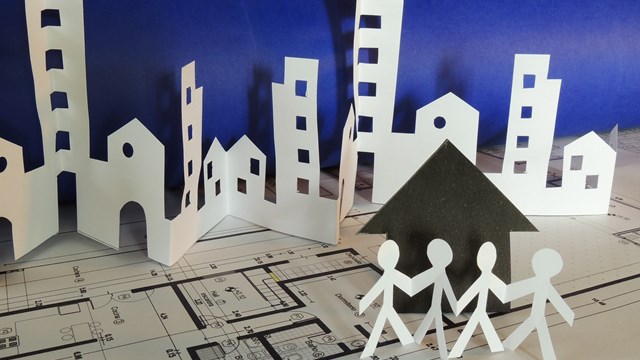
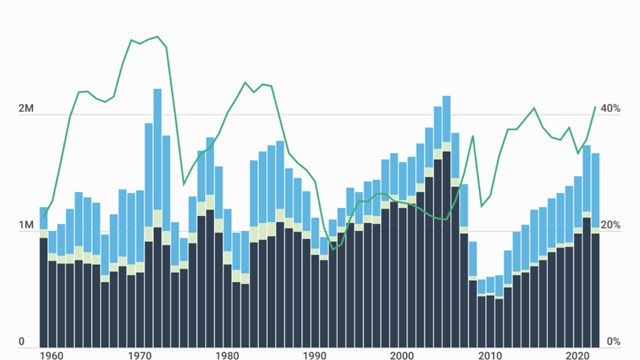
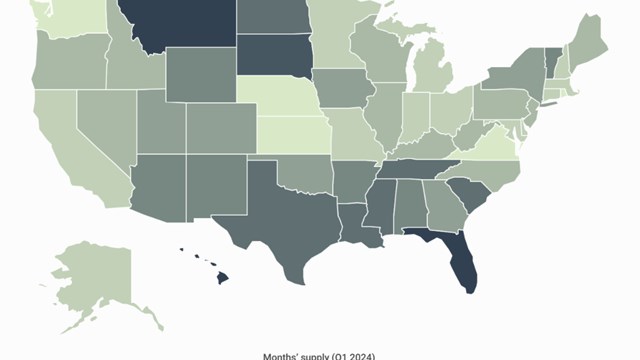
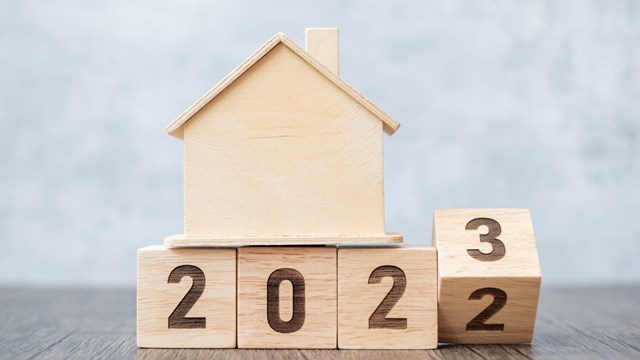
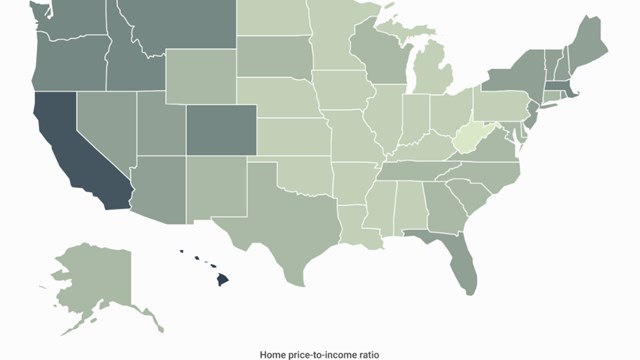
Leave a Comment